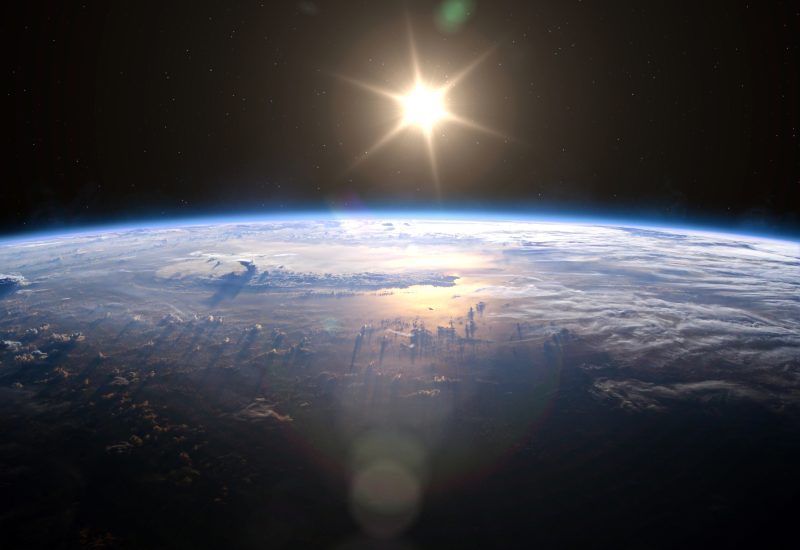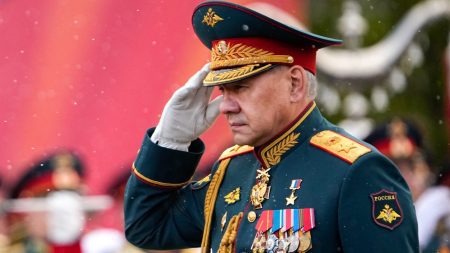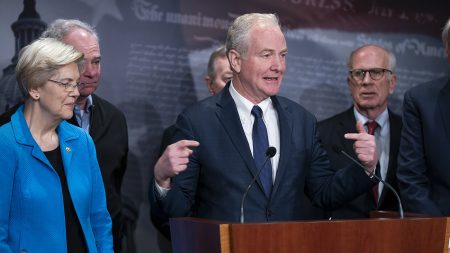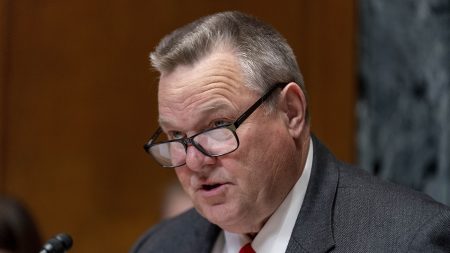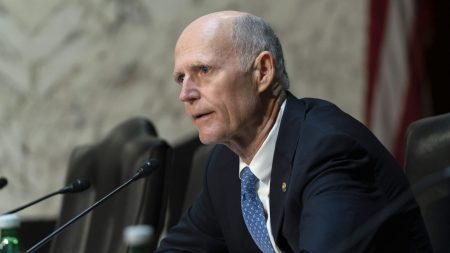Russia vetoed a United Nations Security Council resolution on Wednesday. The resolution would have urged all countries to stop putting nuclear weapons in space and refrain from developing weapons of mass destruction above Earth.
The U.N. Security Council resolution received approval from thirteen member nations, including the U.S. and Japan. However, Russia, as a permanent member with veto power, voted against it. China chose not to vote.
After the vote, the U.S. mission to the U.N. criticized Russia for defeating the resolution and China for not opposing it.
U.S. Ambassador Robert Wood expressed disappointment over the vote, saying the resolution would have reaffirmed the goal of preventing an arms race in outer space and encouraging the peaceful use of outer space.
Following the vote, he stated in a press conference, “We are incredibly disappointed by the result of today’s vote. But we remain undeterred.” A press conference was held after the vote.He added, “We will continue to participate in negotiations in good faith and encourage arms control discussions with Russia and China without preconditions.”
Russia’s veto follows warnings from the U.S. earlier this year about Moscow’s potential deployment of a nuclear weapon in space that could pose a threat to other satellites. Russia had informed its allies that it could launch a nuclear weapon into space or a test dummy warhead this year.. The U.S. The veto raises concerns as it contradicts the 1967 Outer Space Treaty, which prohibits mass destruction weapons in space. The U.S., Russia, and China are signatories of this treaty. Russian President Vladimir Putin has denied plans to put nuclear weapons in space. However, concerns have been raised due to his repeated threats against the U.S. and Western allies amid the Ukraine conflict.
Following the vote, Russia’s ambassador to the U.N., Vasily Nebenzya, stated that Moscow has no plans to deploy nuclear weapons in space. He accused the U.S. of blocking proposals aimed at preventing weapons in space.
He said, “Washington is clumsily trying to [shake] criticism, shifting blame,” and mentioned that Russia would soon introduce an alternative resolution.
Russia and China presented an amendment to the resolution, calling for the prevention of placing any weapons in space. However, the amendment was defeated after failing to secure the support of nine council members.
Chinese Ambassador to the U.N. Zhang Jun emphasized the need to prevent an arms race in space. He also appeared to shift blame toward the U.S. as he accused a council member of creating military alliances in space.
He commented, “The draft resolution that was just voted on is incomplete and unbalanced.” He urged the U.S. and Japan to focus on the risks of outer space being weaponized and the potential arms race.
The resolution would have restated the obligations of the Outer Space Treaty and urged all member nations not to create nuclear weapons that could be used in space.
U.S. Ambassador to the U.N. Linda Thomas-Greenfield suggested after the vote that Russia seemed to be concealing something by vetoing the resolution.
“Why, if you are following the rules, would you not support a resolution that reaffirms them?” she asked. “Today’s vote represents a real missed chance to rebuild much-needed trust in existing arms control obligations.”
Russia on Wednesday vetoed a United Nations Security Council resolution that would have called on all states to prevent the placement of nuclear weapons in space and not take steps to develop weapons of mass destruction that could be deployed above Earth. Thirteen member nations voted in approval of the U.N. Security Council resolution, including…
“Why, if you are following the rules, would you not support a resolution that reaffirms them?” she said. “Today’s vote marks a real missed opportunity to rebuild much-needed trust in existing arms control obligations.”





